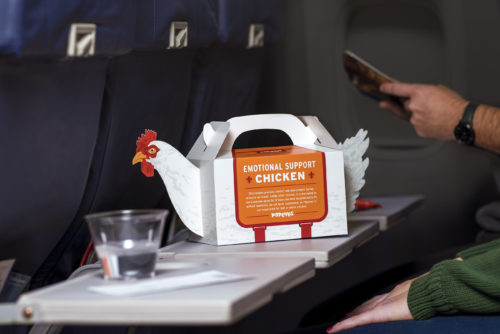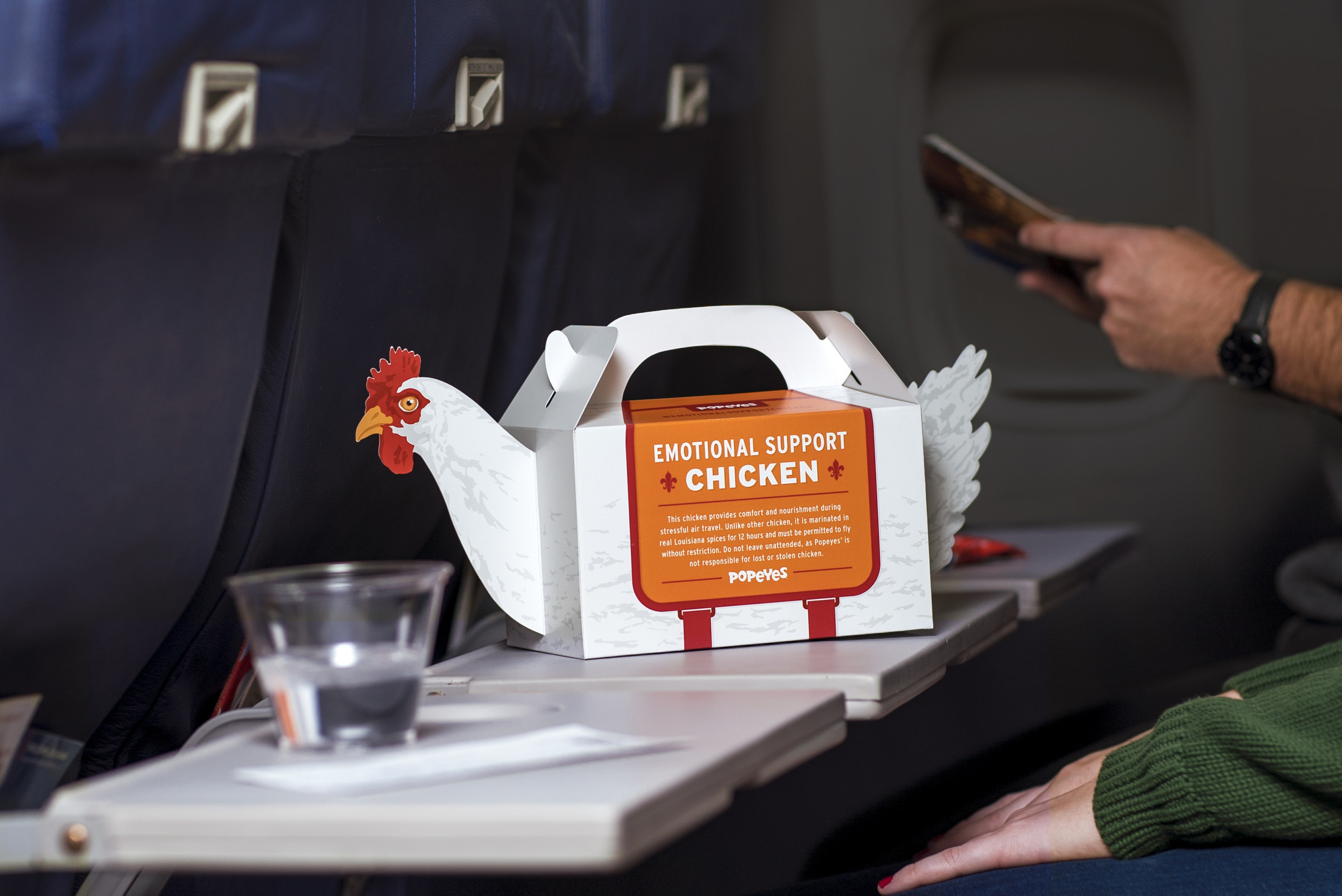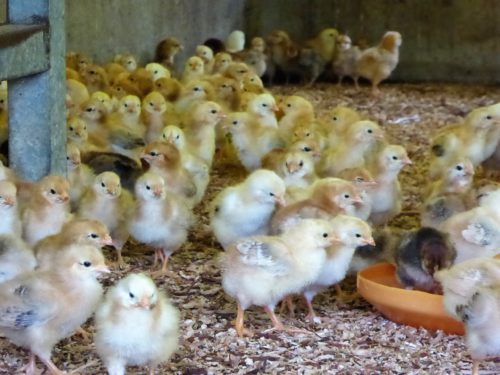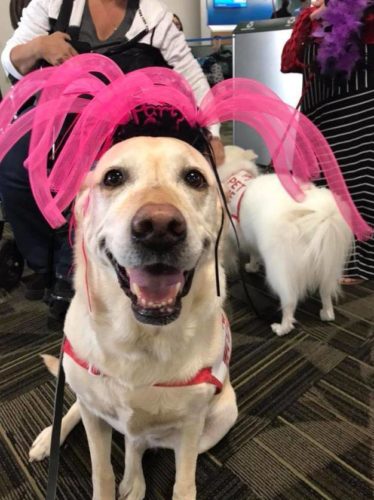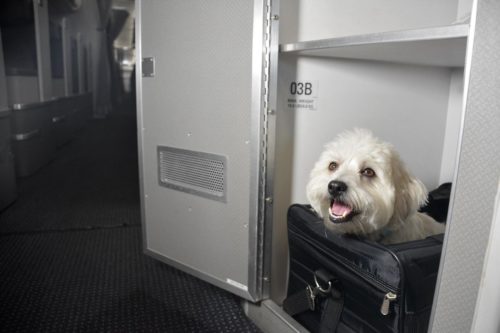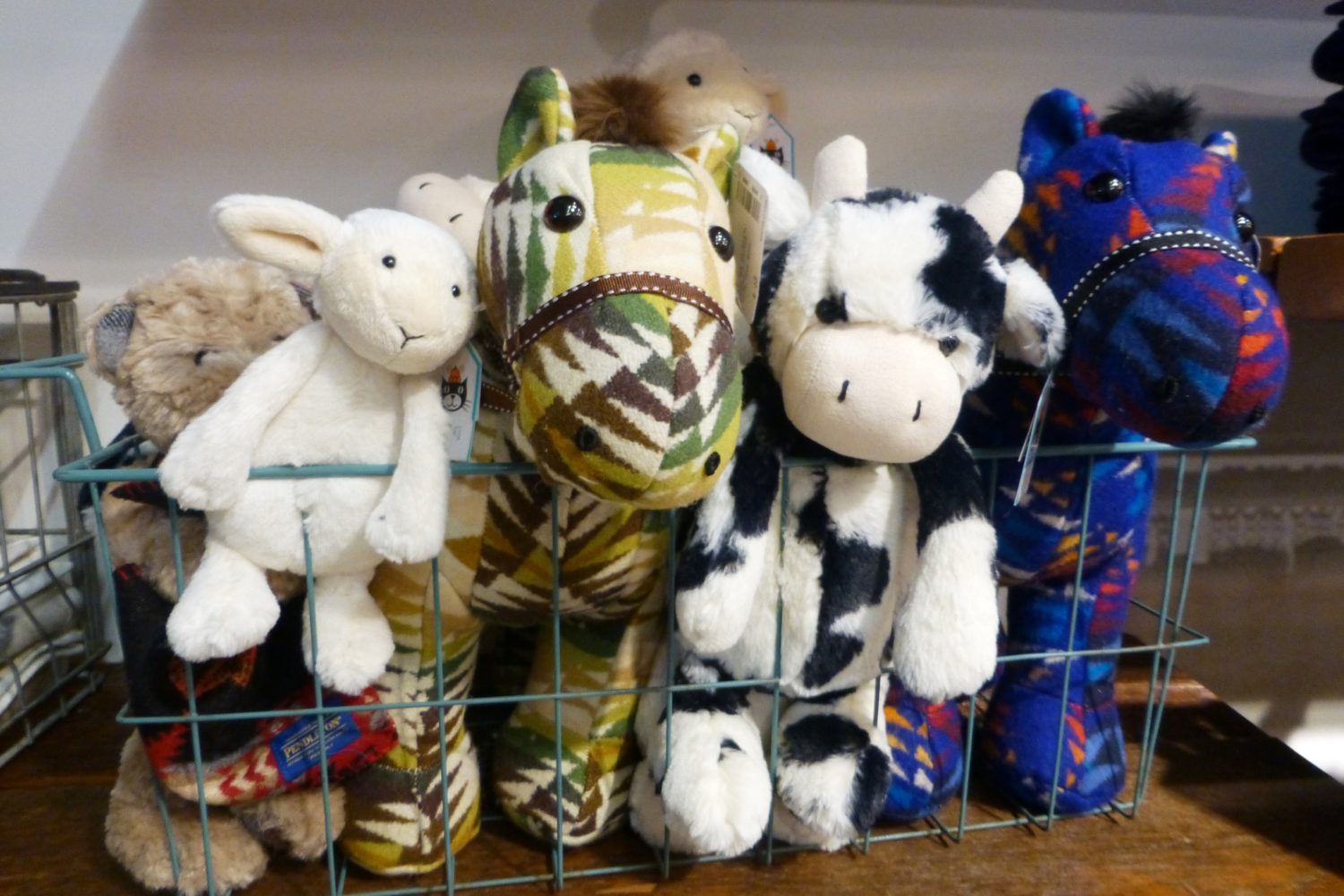
The U.S. Department of Transportation’s new rules regarding service animals and emotional support animals on airplanes goes into effect January 11, 2021.
You can read all the details here, but here are some key points to keep in mind if you’re planning on flying on a commercial flight with a service animal, emotional support animal, or pet.
The new rules define a service animal as “a dog that is individually trained to do work or perform tasks for the benefit of a person with a disability.”
If you are planning on flying with service dog, you will be required to submit a standardized federal form to your airline attesting to the health and training of the animal and comply with other rules.
The big change is that DOT no longer considers emotional support animals to be service animals and has given airlines permission to stop giving those animals free rides.
To no surprise, many airlines are rolling out “no emotional support animals” policies. Alaska Airlines, American Airlines, Delta Air Lines, Frontier, Hawaiian Airlines, JetBlue, and United Airlines have already posted policies or issued statements stating that emotional support animals, be they pigs, dogs, birds, or possums, will no longer be allowed on flights after January 11. We expect other airlines to follow suit.
Pets still good to go. For a fee
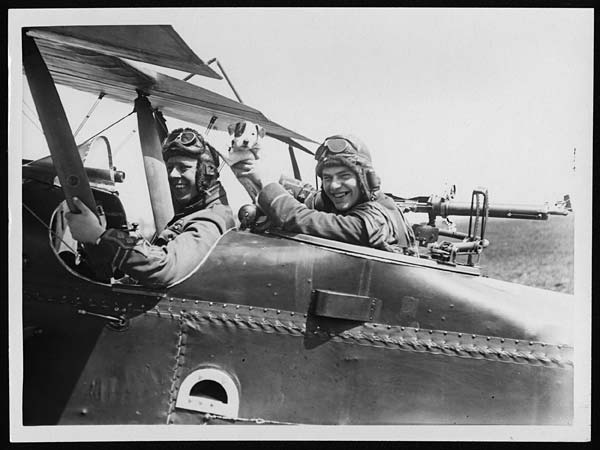
Of course, airlines are happy to take pets on flights if they meet the requirements and have a paid ticket. Here are the current fees for buying a ticket for a pet to fly in the cabin on a domestic flight.
Alaska Airlines: $100 each way in the cabin; Pets allowed in the passenger cabin are dogs, cats, rabbits, and household birds.
American Airlines: $125 each way.
Delta Air Lines: $125 each way. Pets allowed: small dogs, cats, and household birds.
Frontier: $99 each way. Pets allowed: dogs, cats, rabbits, guinea pigs, hamsters, and small household birds.
Hawaiian Airlines: $35 within Hawaii; $125 between Hawaii and mainland. Pets allowed: cats and dogs.
JetBlue: $125 each way.
Southwest: $95 each way. Pets allowed: small cats and dogs.
United Airlines: $125. Pets allowed: cats and dogs.

